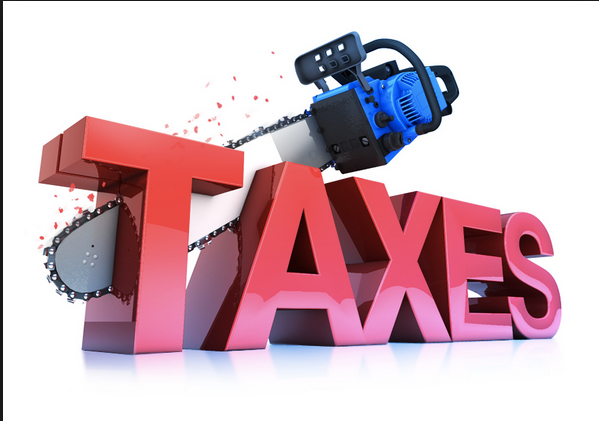When we think of business, the image that usually pops to mind is of the giant corporation: Google, General Motors, Procter & Gamble and their ilk. To be sure, these massive enterprises (known as “C” corporations) seem to dominate the business landscape and have their own tax rules, with a top federal rate of 35 percent.
But behind the gigantic companies lie millions of smaller firms that aren’t C corporations. Their profits are “passed through” to the owners’ personal tax forms, where their business income is taxed at personal tax rates. The top federal rate is 43.4 percent, but the inclusion of state taxes can push that above 50 percent.
Given the popularity of pass-through firms, they will likely play a big role in the tax debate. It also seems likely that they’ll push for lower taxes. This could be a major stumbling block, because (of course) tax cuts for pass-through firms will require spending cuts, tax increases on big C corporations or larger budget deficits.
How many pass-through firms are there, and what’s their economic effect? You can be excused if you underestimate their impact. I certainly did. But a new report from the Tax Foundation, a think tank, dispels any notion that pass-through firms play a minor role in the economy.




